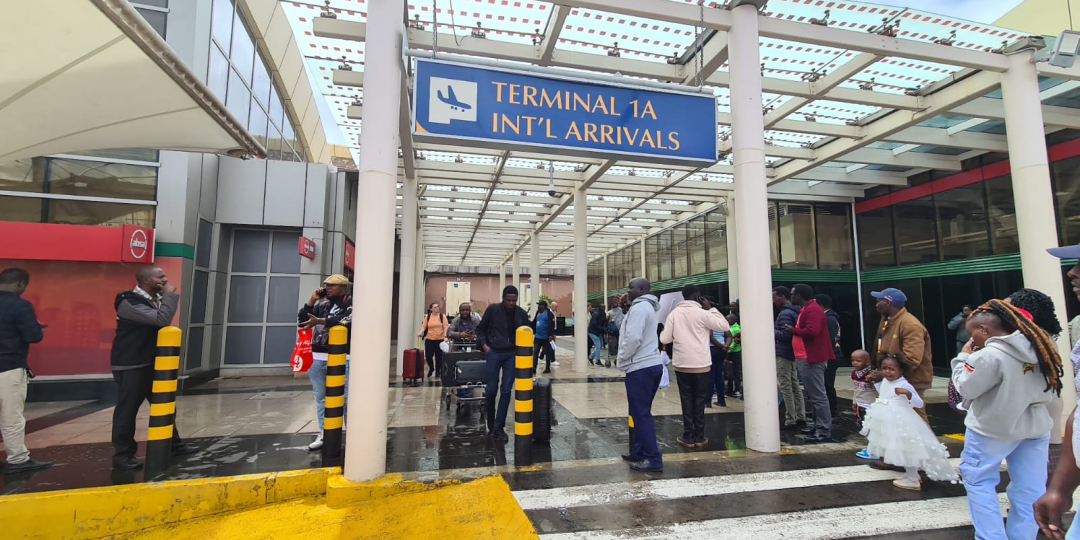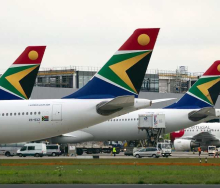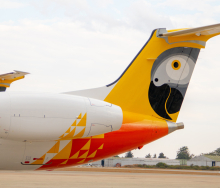The brief strike at major airports in Kenya which disrupted international and domestic flights on Tuesday night, September 9, and Wednesday, September 10, left passengers stranded and cost agents and airlines millions.
The strike was triggered by objections to the government's proposal to lease Nairobi’s Jomo Kenyatta International Airport to an Indian company. Workers felt that jobs would be lost and that control of a Kenyan asset would be lost by Kenya.
The Kenya Association of Travel Agents (KATA) has commended both the Government and the Kenya Aviation Workers Union (KAWU) for quickly resolving the impasse and agreeing on a return-to-work formula.
However, KATA emphasised that such industrial action, with its far-reaching consequences, should never have been allowed to occur in the first place. The strike’s impact has been devastating, with the travel industry facing significant financial and operational losses.
Preliminary estimates suggest that members of KATA lost over KES200 million (R27,9m) in air ticket sales alone, excluding rebooking fees and the costs incurred by airlines in accommodating passengers who missed their flights.
“When accounting for related services such as accommodation, ground transfers, and travel insurance, the total losses could easily exceed KES500 million (R69,8m). Some international airlines flew back empty, while others have indefinitely cancelled or rescheduled flights, further disrupting operations,” KATA said.
KATA highlighted that the frustration, anxiety, and distress caused to passengers have tarnished the reputation of Nairobi as a regional aviation hub.
“The strike’s impact on Kenya's already fragile economy cannot be overstated. KATA calls on the Government to take decisive action to ensure that the underlying issues with the workers' union are permanently resolved, preventing any future disruptions to airport operations. Kenya simply cannot afford another crisis of this magnitude.”















